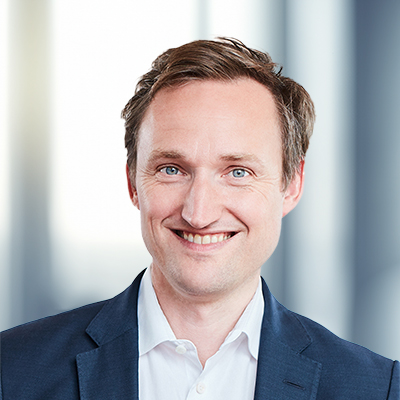Opposition proceedings against lawful grant of a patent
After a technical property right has been registered or granted, objections can be raised against patents and utility models.
The opposition procedure begins with a written declaration and substantiation of the opposition at the German Patent and Trademark Office (DPMA) or the European Patent Office (EPO).
The Patent Office examines whether the requirements for granting or maintaining the patent are met. The opposition is served on the patent proprietor, who has the option of defending his patent unchanged or in a limited form.
Reasons for an objection can be:
- Absence of an invention (no teaching for technical action, lack of practicability or repeatability of the invention),
- lack of patentability (lack of novelty, inventive step or industrial applicability),
- insufficient disclosure of the invention,
- inadmissible extension of the subject matter of the patent beyond the content of the application as originally filed,
- unlawful taking of the invention (only in proceedings against a German patent; can only be brought by the aggrieved party).
The legal validity of a patent is usually decided directly in oral proceedings. The DPMA or EPO decides whether the patent can be maintained or is revoked in part or in full.
Costs
The costs of official legal status proceedings are - compared to court proceedings - manageable.
In opposition proceedings, both parties shall in principle bear their own costs - irrespective of the outcome of the proceedings.
Judicial status proceedings
Appeal proceedings:
It is possible to file an appeal against the decision of the opposition proceedings. Jurisdiction lies with the Federal Patent Court (BPatG) in the case of a German patent and with a board of appeal of the EPO in the case of a European patent.
Nullity proceedings:
An action for revocation is possible after expiration of the opposition period or after termination of opposition proceedings. Only then can the German patent or the German part of the European patent be challenged before the Federal Patent Court.
These proceedings will be explored in more detail in upcoming blog articles.
Regarding Justus Kreuels:

Justus Kreuels, German and European Patent Attorney, studied mechanical engineering at the TU Munich and the RWTH Aachen. A main focus of his practice is the enforcement of intellectual property rights in the field of mobile communication, Internet of Things (IoT), robotics, etc. in Germany.
